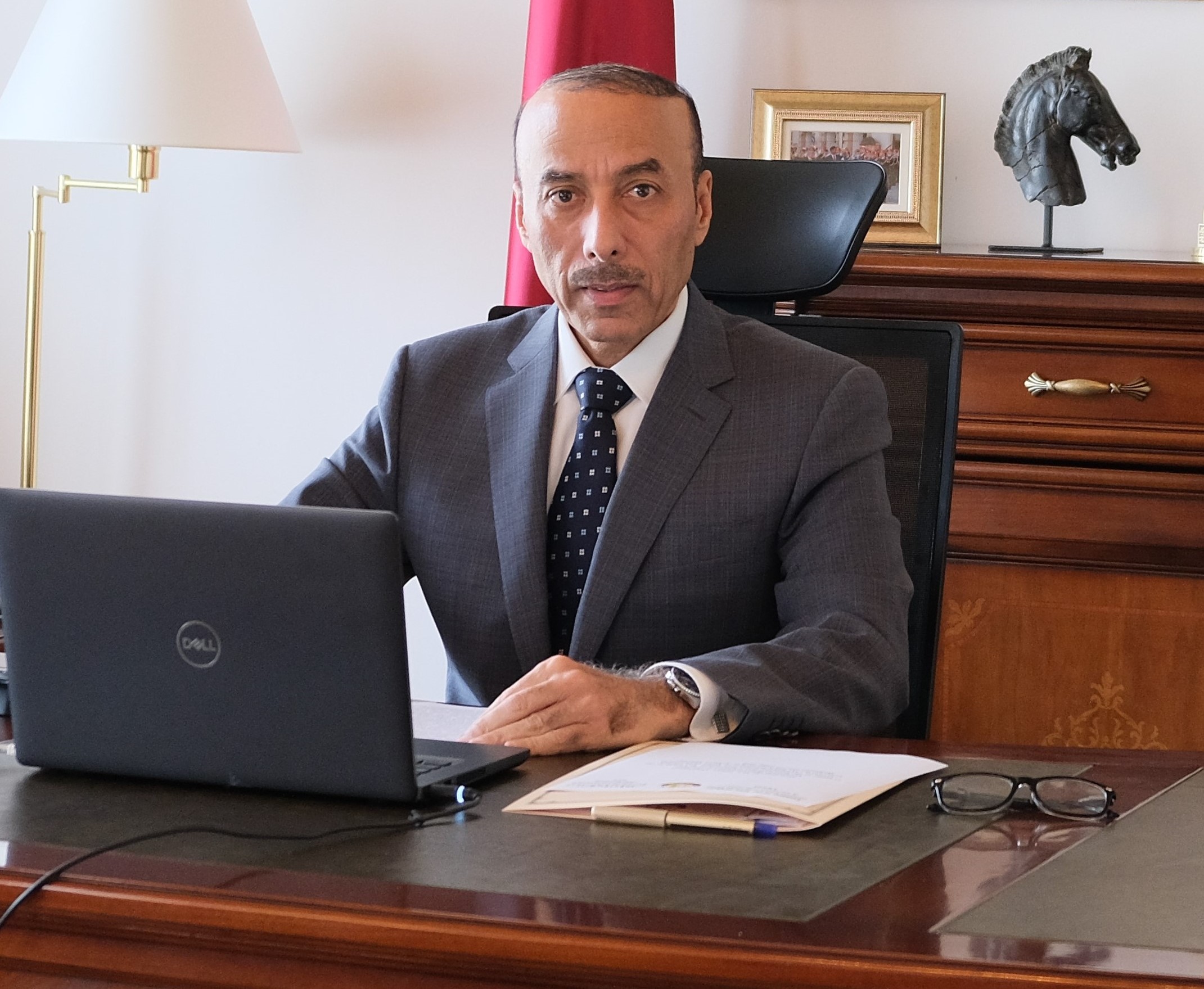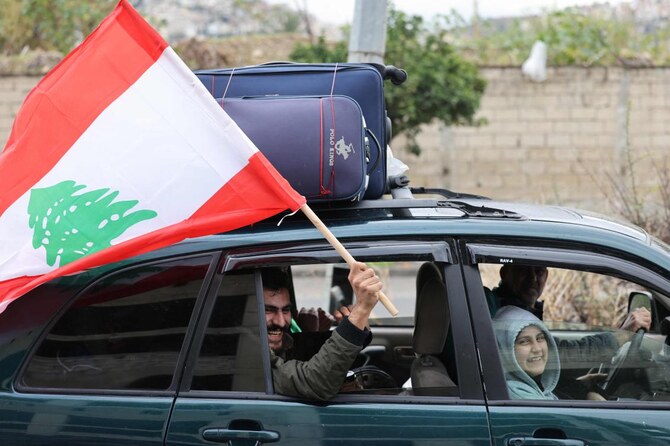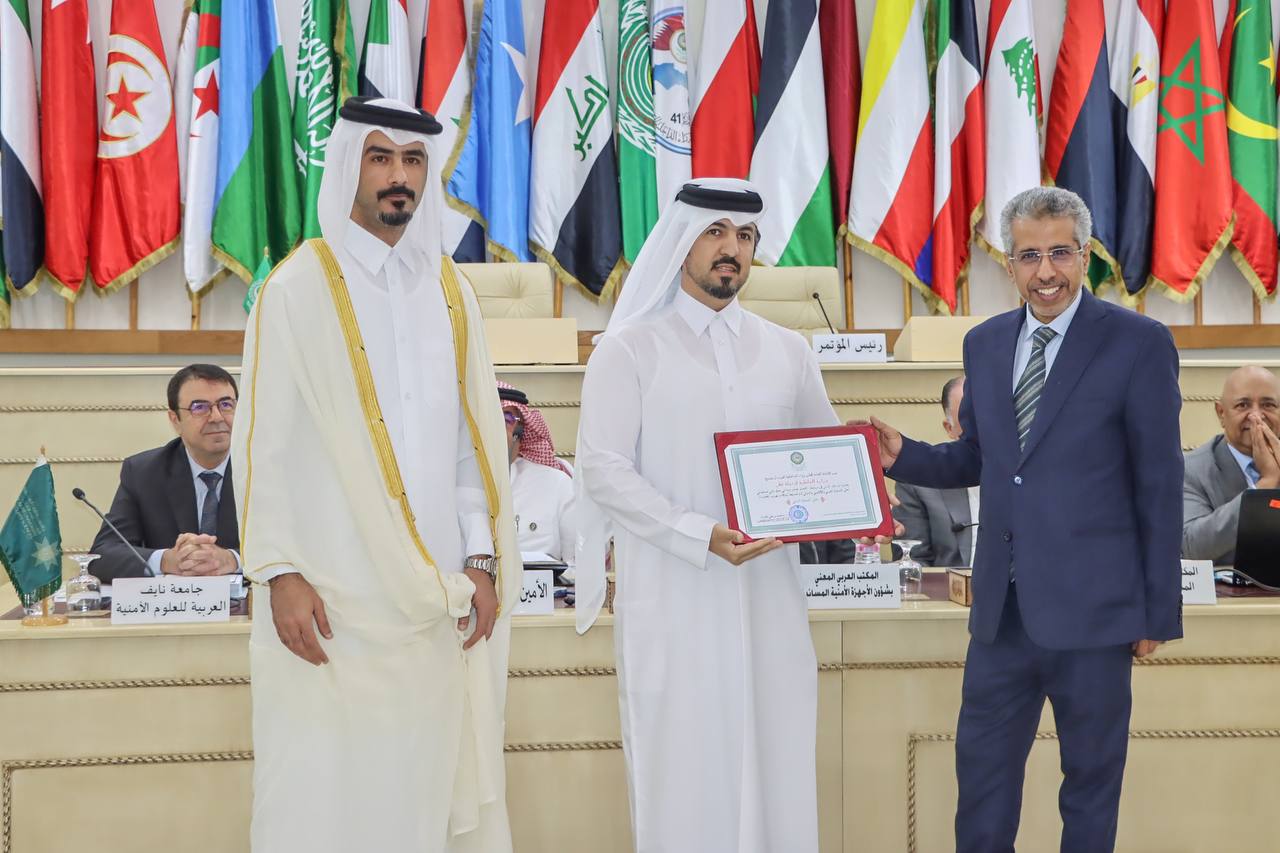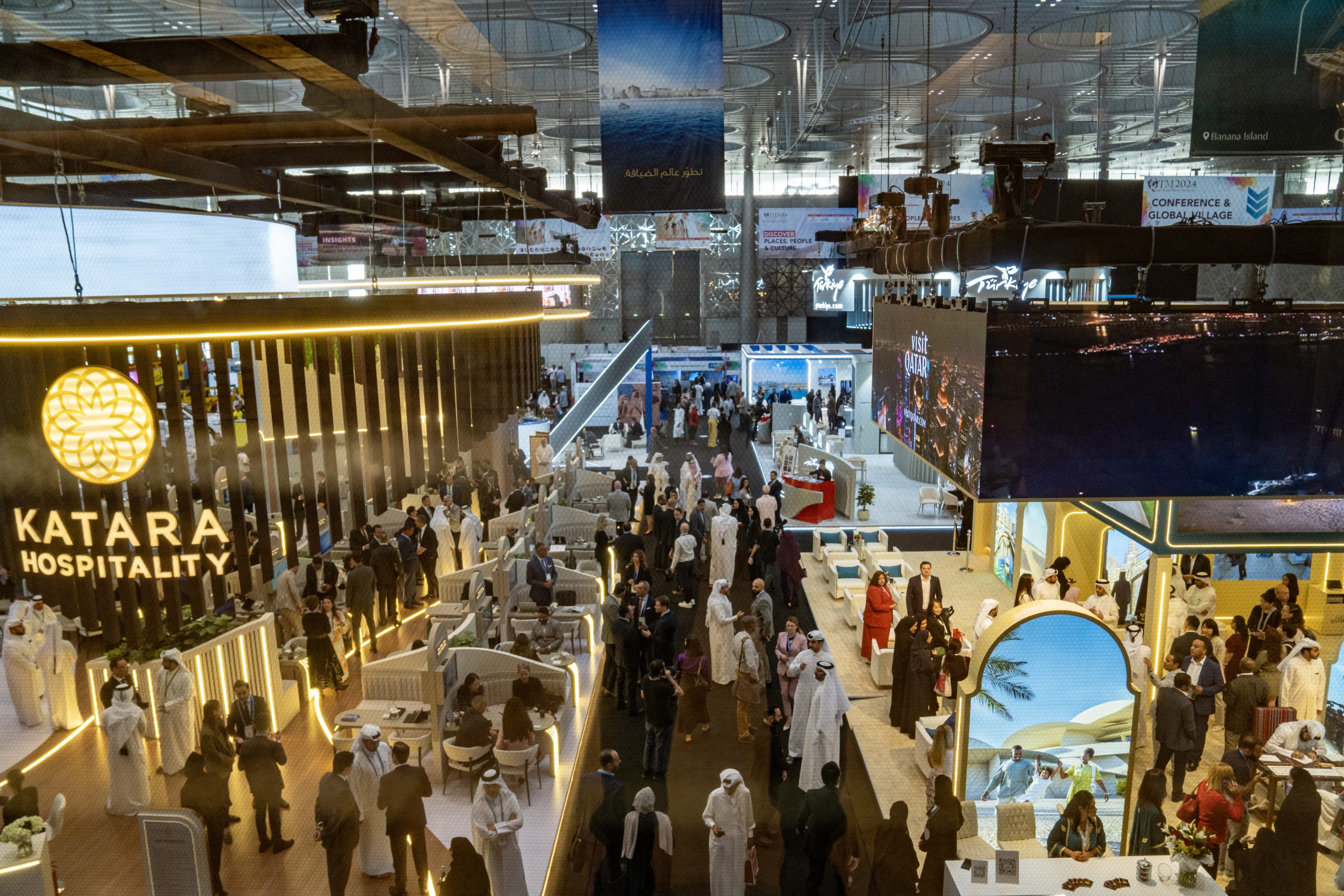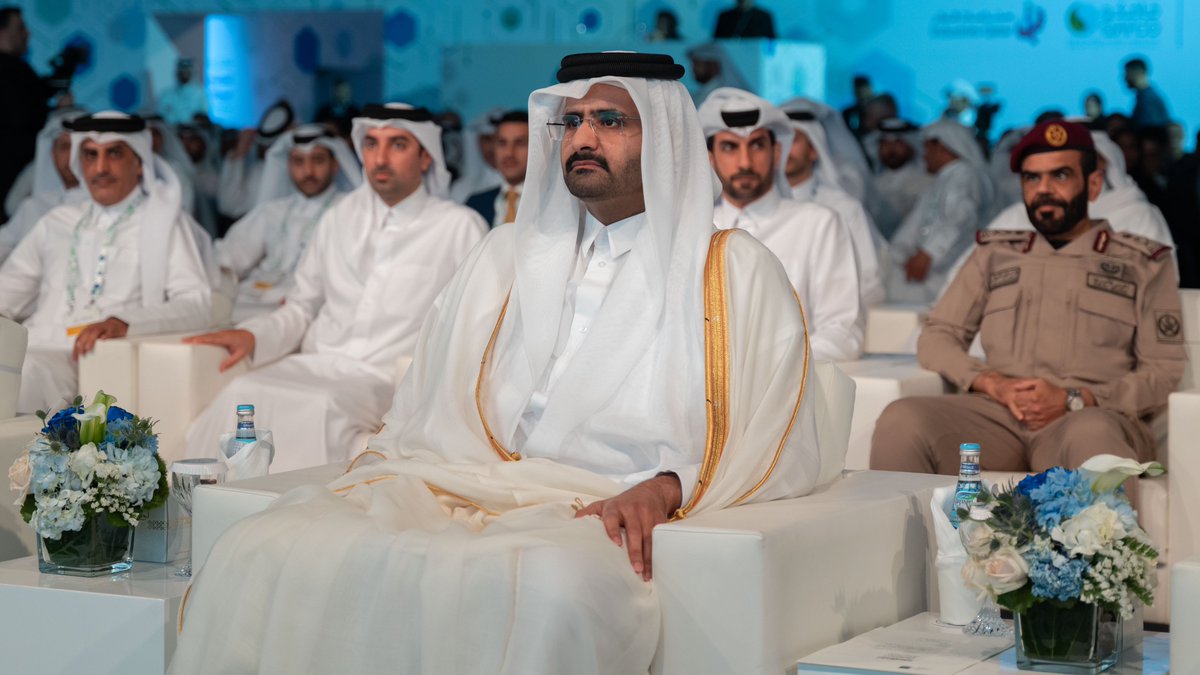Prior to becoming the Qatari envoy to the UAE, Al Mansouri served as the Gulf state’s ambassador to China, before becoming its envoy to Vienna.
Qatar and the United Arab Emirates marked a major development on Sunday after Doha appointed its first envoy to the Emirates since the 2017 Gulf Cooperation Council crisis.
Qatar’s Amir Sheikh Tamim bin Hamad Al Thani appointed Sultan Salmeen Saeed Al Mansouri as the country’s first ambassador to the UAE, just months after the two countries announced the official restoration of diplomatic ties.
The Amiri Diwan said Sheikh Tamim appointed Al Mansouri as “Ambassador Extraordinary and Plenipotentiary”.
The announcement marked the final steps in rapprochement between the two countries, ending a diplomatic rift that split the region for years.
At the time of the crisis, the UAE joined Saudi Arabia, Bahrain, and Egypt in imposing an illegal air, land and sea blockade on Qatar and severed ties with the Gulf state.
A record of diplomatic services
Prior to becoming the Qatari envoy to the UAE, Al Mansouri served as the Gulf state’s ambassador to China before becoming its envoy to Vienna following his appointment in 2019.
Al Mansouri also served as Qatar’s envoy to the United Nations as well as international organisations in Austria. Last year, he was appointed as Qatar’s non-resident ambassador extraordinary and plenipotentiary to Slovenia.
Qatar has witnessed key milestones during Al Mansouri’s time as ambassador to Vienna, most notably its joining of the International Atomic Energy Agency convention on nuclear safety in 2020.
Then in January 2021, the IAEA approved a series of projects in collaboration with Qatar for the years of 2022 and 2023, covering the field of nuclear research.
Al Mansouri had repeatedly echoed Qatar’s support for the peaceful use of nuclear energy and calling out Israel’s refusal to join the IAEA’s Middle Eastern Treaty on the Non-Proliferation of Nuclear Weapons.
In 2021, Al Mansouri said Israel is the only state that refuses to join the treaty which aims to ‘free’ the Middle East of nuclear weapons as part of international resolutions to stabilise the area.
In 2003, it was estimated that “Israel” possessed between 100 to 200 nuclear warheads.
Meanwhile, Qatar has also been vocal in its support for the restoration of the 2015 nuclear deal, formally known as the Joint Comprehensive Plan of Action (JCPOA).

